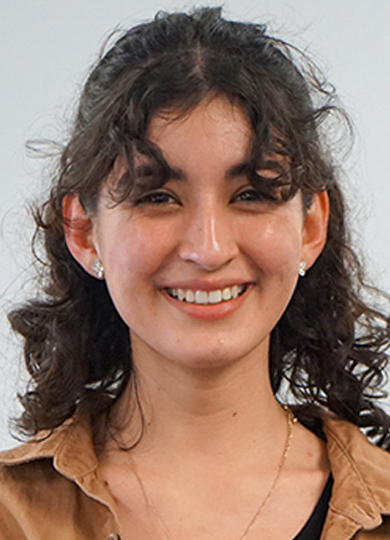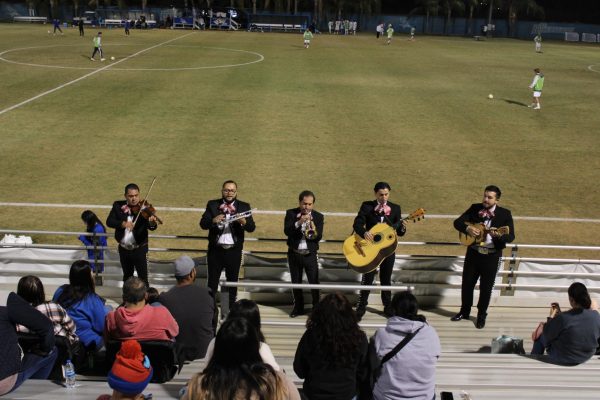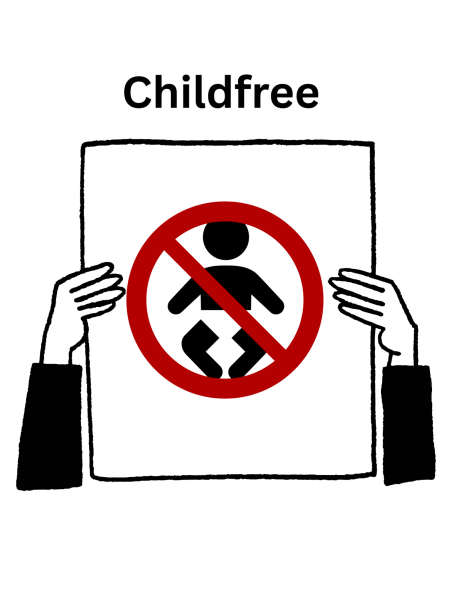CAFS switches to zero cost course materials for students
May 13, 2020
The department of Child, Adolescent, and Family Studies (CAFS) at CSU Bakersfield is opting for an affordable learning solution, switching all CAFS courses to Open Educational Resources and Zero Cost Course Materials.
According to Elaine Correa, the department chair for CAFS, they have been moving to OER and ZCCM since the spring semester of 2018. This idea was led by Sandra Bozarth, an associate professor and coordinator of Affordable Learning Solution Initiative, and it was created to help student save money by reducing textbook cost.
Correa also said that in the beginning the only had 14 courses switched to OER and ZCCM, and this helped students save $58,120.40 which ultimately helped the department win an award.
“In 2019, the Department of Child, Adolescent, and Family Studies won the CSUB university-wide competition for reducing textbook cost for students. The department was awarded $10,000, which was used to continue transferring courses to either no-cost or low-cost for students. The focus of the department has been on finding ways to save our students money,” Correa said.
As a result, all CAFS courses became OER and ZCCM.
Bozarth said that faculty members use a variety of resources to accommodate this switch.
“Some use articles, chapters from books instead of an entire book, software, videos. There is a log of material in the world of Open Education Resources which are free for faculty and students to use. Some of these resources look like your typical online textbook and you can’t tell the difference, other than it is free,” said Bozarth.
“The department has surveyed the students and asked them whether they want to keep this format offered in the future. A resounding 98% of students have responded that they prefer courses that are OER and ZCCM,” said Correa.
The advantages this has, according to Bozarth, is that students have a better chance of succeeding because they are provided with class textbooks and materials which are available anywhere from any electronic device. The disadvantages are that it is “time intensive for faculty,” and it is difficult for professors to find an exact selection of whatever specific materials they wish to use.
“It has its pros and cons; I personally prefer the physical book because some professors give you a difficult time. However, there are professors that provide the class with scans of the book which is great,” Guadalupe De La Cruz, a junior student majoring in CAFS, said.








